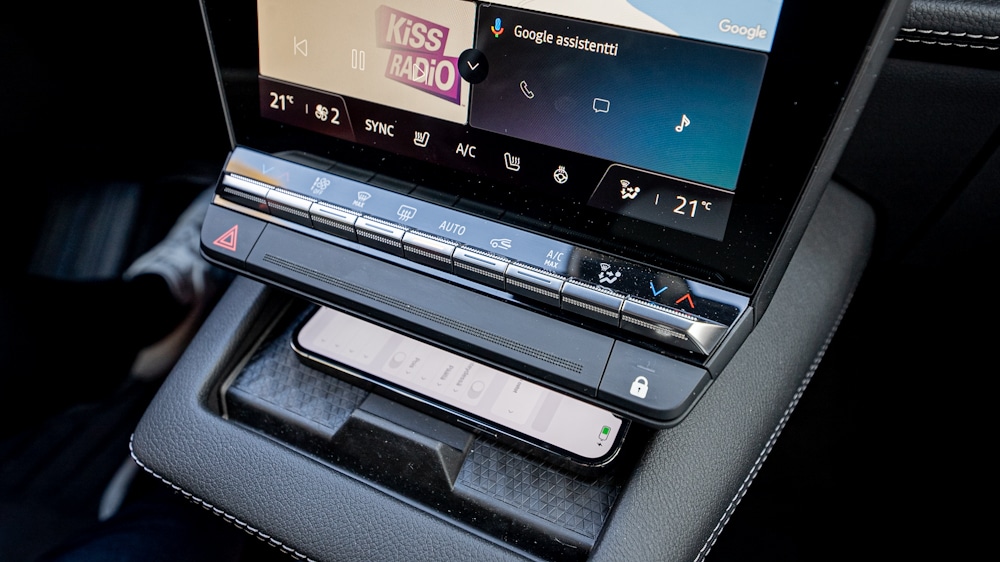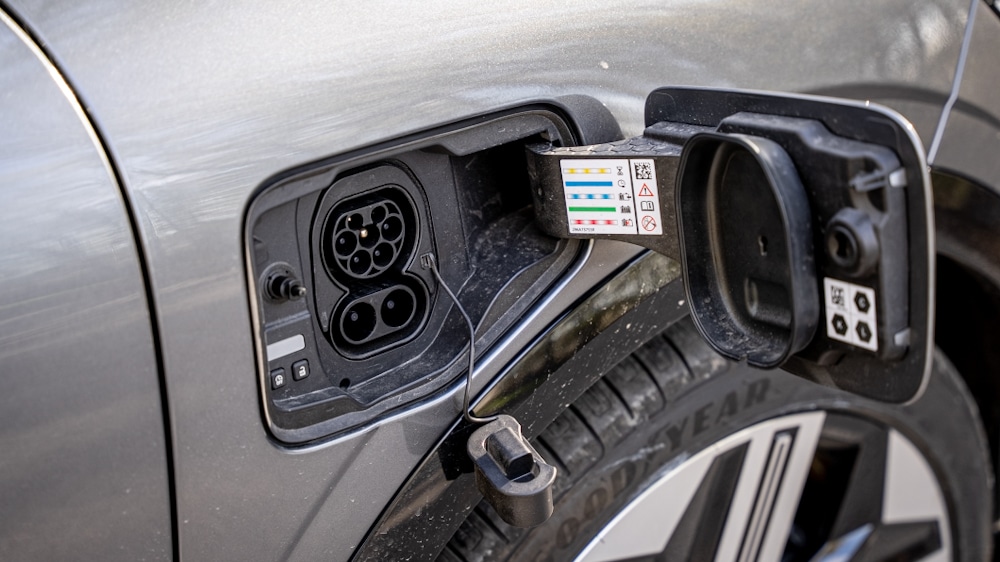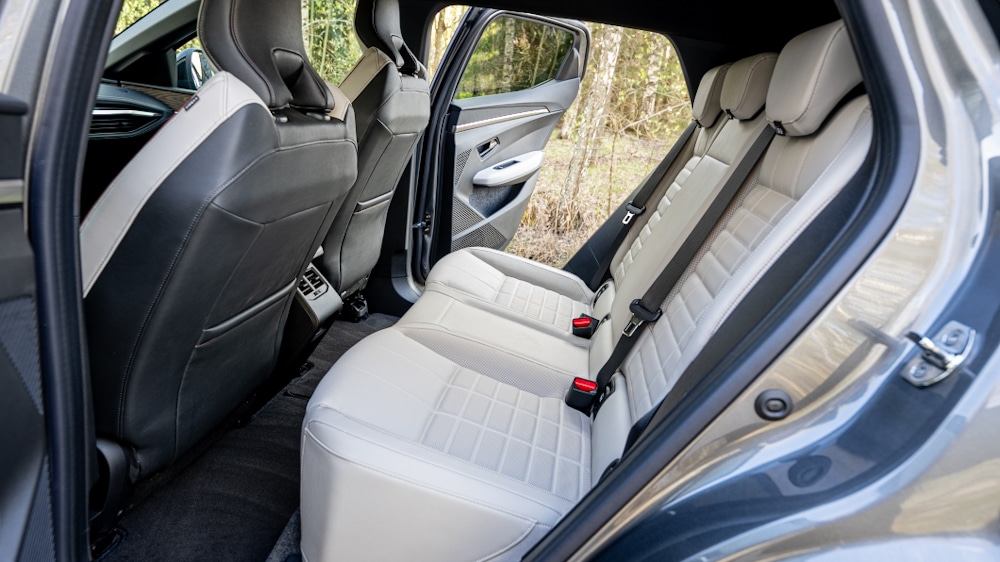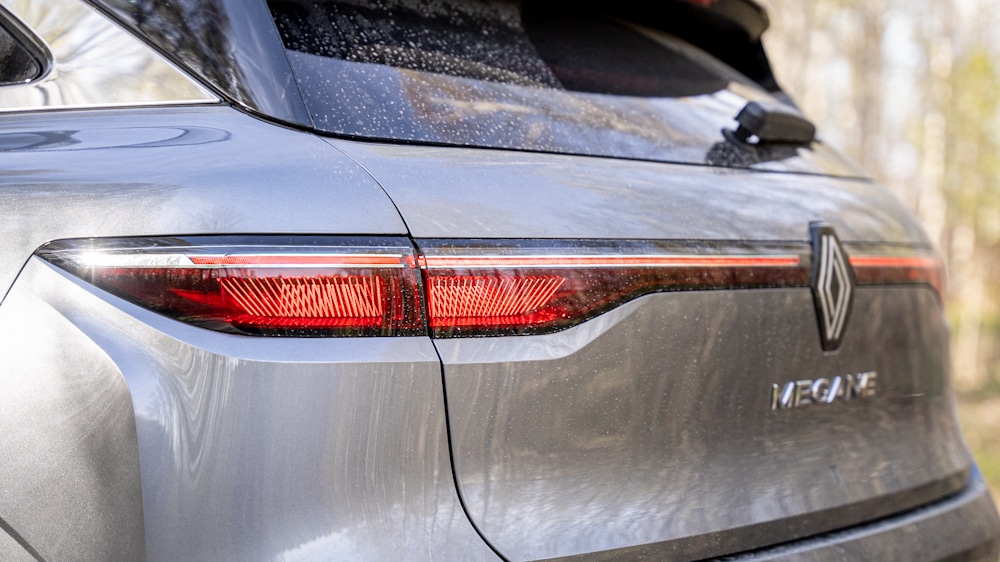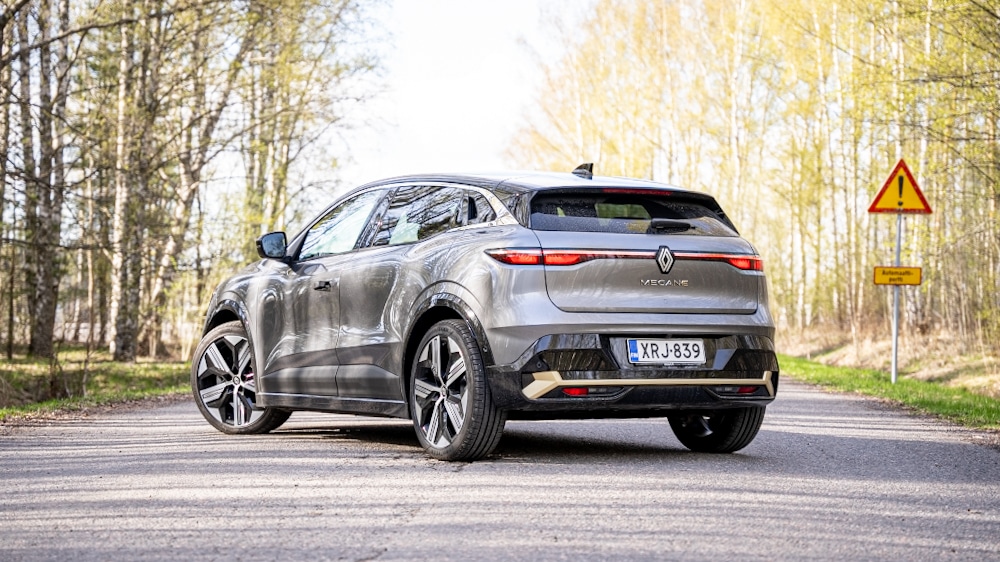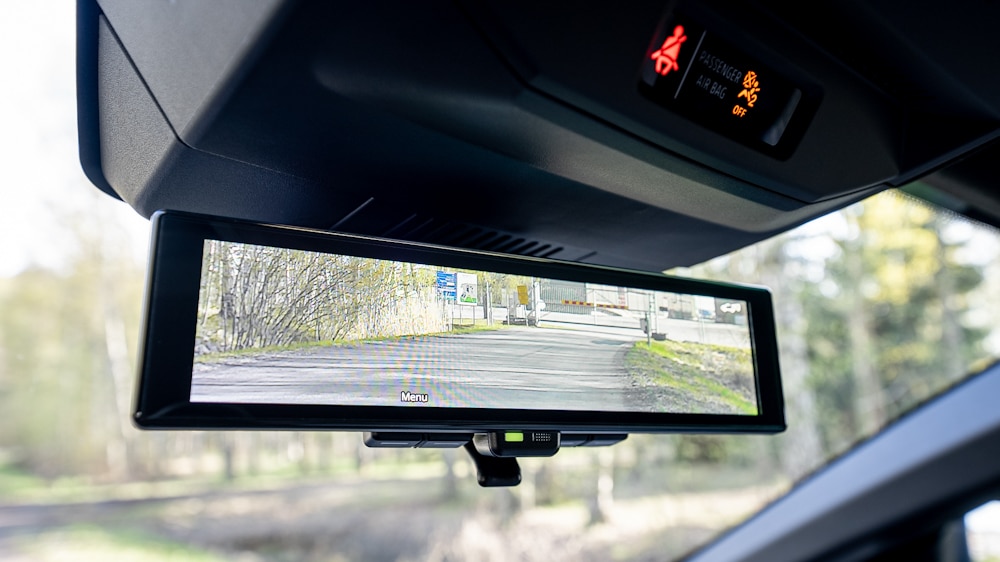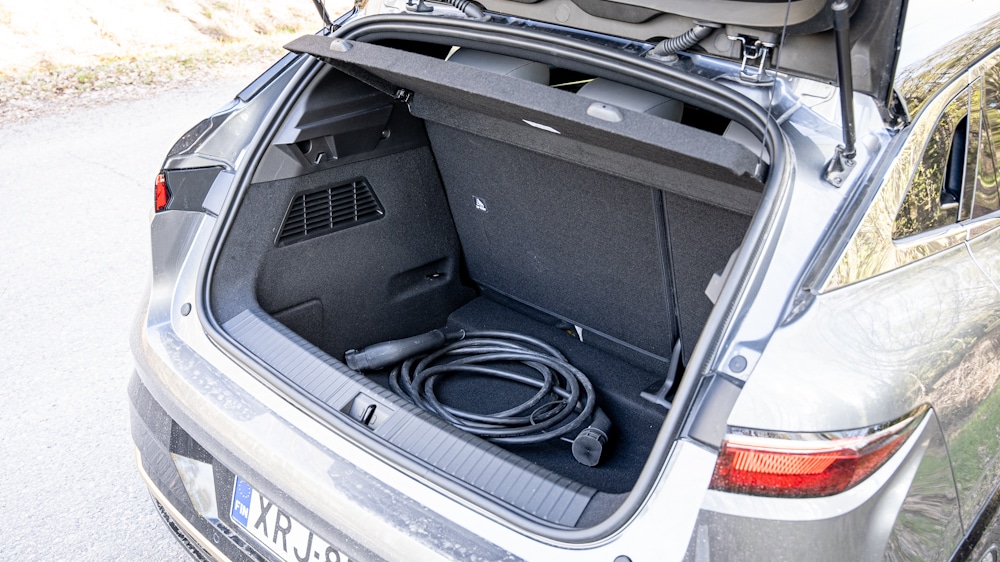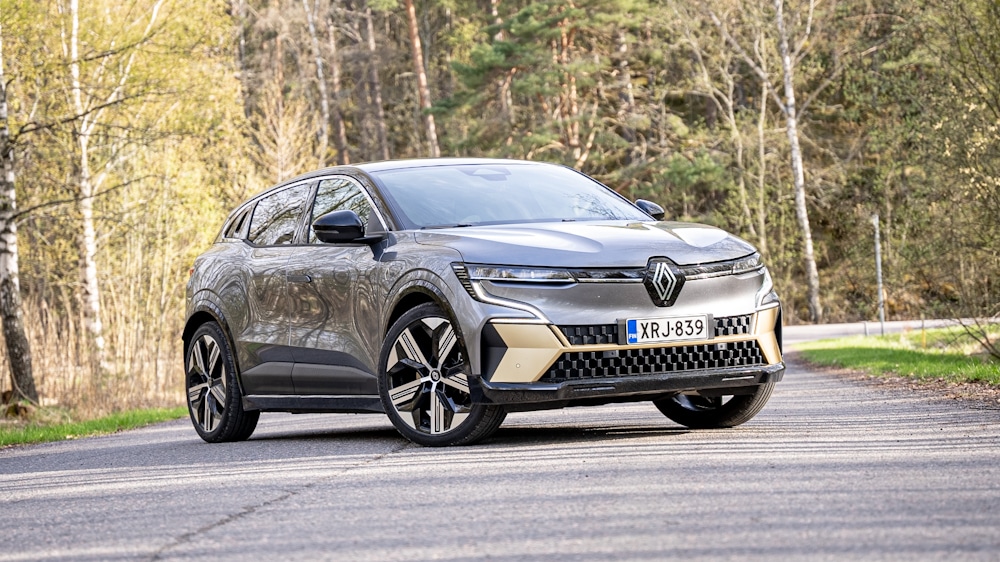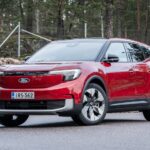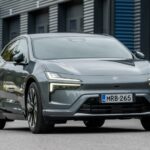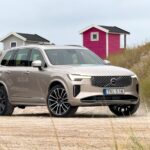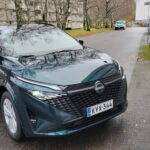The new all-electric Megane E-Tech is Renault’s answer to the hot electric car debate. The Megane E-Tech is by no means Renault’s first all-electric model, but this outstanding new model is sure to take Renault’s electric car expertise to the next level of customer recognition.
The Megane E-Tech has been designed from the outset as an all-electric model, which doesn’t always seem to be a given for all-electric models – some manufacturers have jumped into the race by electrifying their existing internal combustion engine models.
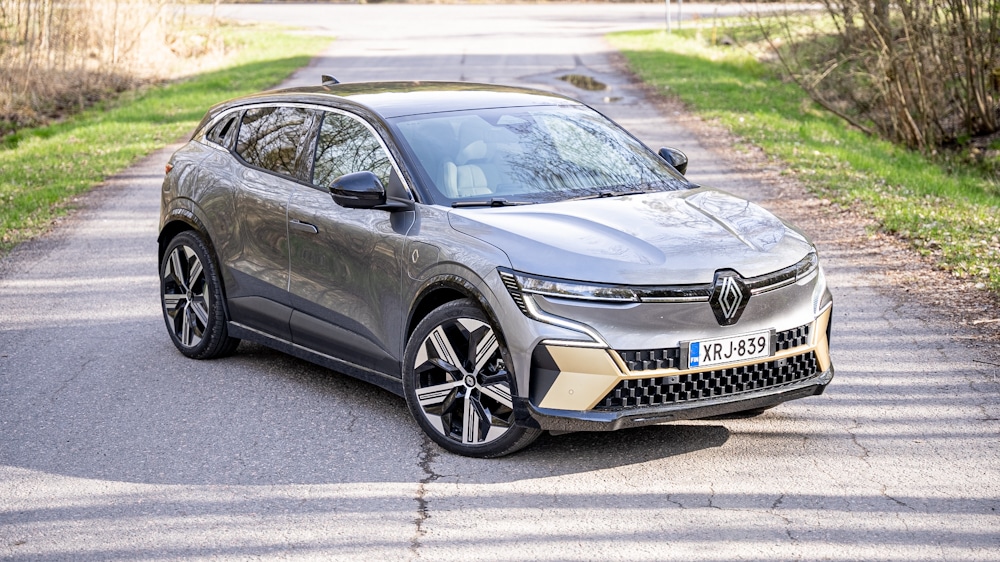
A step ahead of other manufacturers in electricity consumption
The Megane E-Tech comes with either a 40 or 60 kWh battery, depending on the model. In practice, these are up to several tenths of a percent smaller in capacity than competing models, which has positive effects on the physical size and weight of the battery. When comparing battery capacities, the electricity consumption of the car is at least as important.
The Megane E-Tech proved itself to be a positive electricity performer during the test drive. Average consumption hovered around 16 kWh/100km. In the city the figure was 13-15 and on the motorway at 100 km/h it was only 16-16.5 kWh/100km. Even a summer engine break at 120 km/h does not raise the consumption above 20 kWh/100km. The outside air temperature was a good 10 degrees Celsius.
With electricity consumption some tens of percent lower than its competitors, the Megane’s real-world range on a single charge is around 300-400 km, despite its small battery size. The manufacturer’s claimed WLTP figure of 450 km is not a problem to achieve at lower speeds in good conditions.
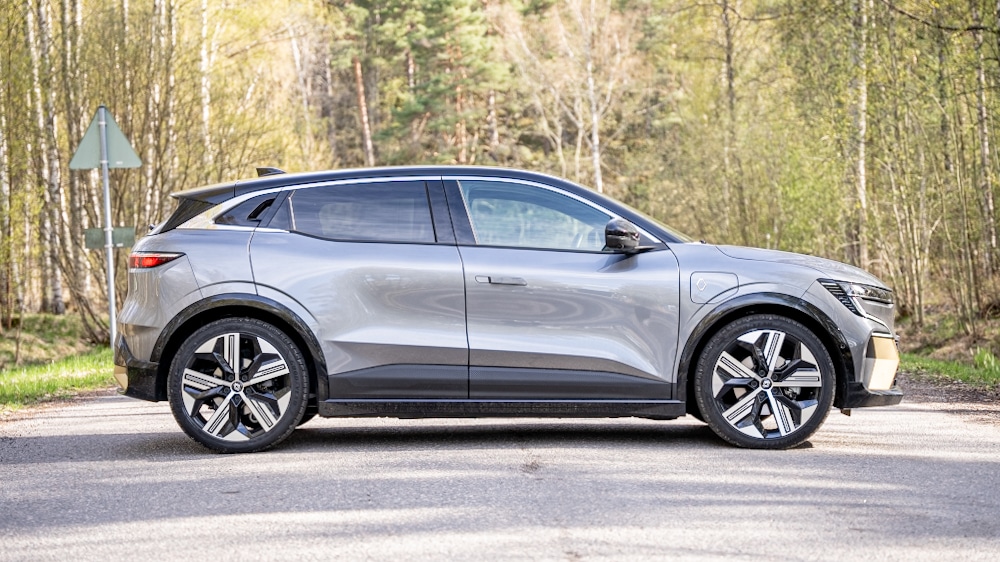
Charging is greatly facilitated by the car’s own internal 22 kW AC charger, which always comes as standard on the Megane. Most of the chargers in shopping centres and public places are 22 kW chargers, so an hour’s shopping trip will charge the battery for about 150 kilometres. a 22 kW charger is almost a rarity in all-electric cars, as almost all electric cars charge from an AC charger at a maximum of only 11 kW.
The benefits of a flat 11 centimetre thick battery are visible in the cabin. Interior space is good for a small car. There’s excellent space, especially at the front, and a generous 440 litres of boot space. The overall length of the car is just 4.2 metres.
Design first
Simply stylish and modern, without forgetting Renault. For many manufacturers, the all-electric models seem to have a compelling need to modernise and differentiate the car’s design from the all-black range. In the worst cases, you can only recognise the make of the car by its logo.
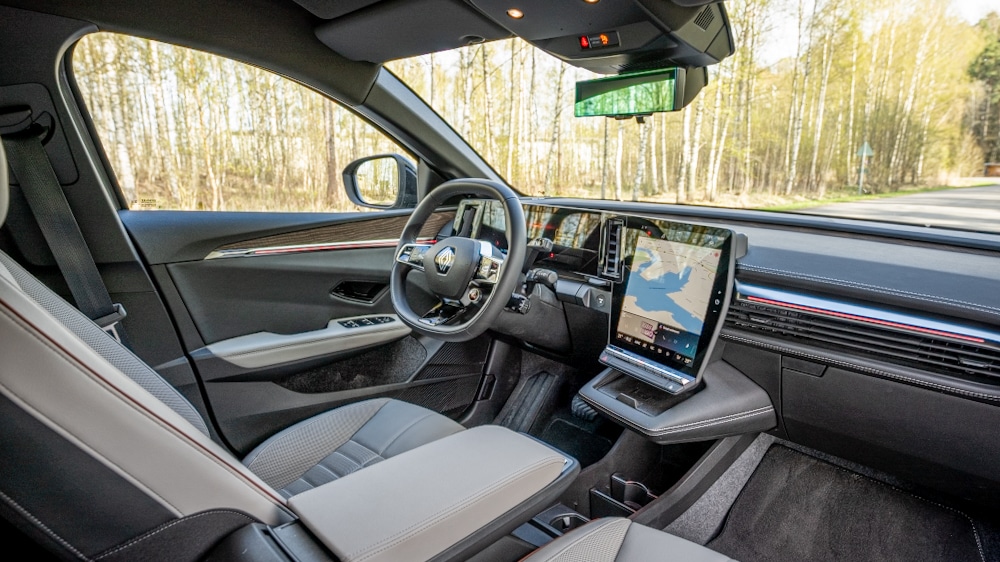
The Megane E-Tech is faithful to Renault’s rounded and even slightly dull design. With small but stylish solutions such as a two-tone body, very striking lights and body details, the Megane has managed to become a very trendy-looking entity. The Megane’s high front end gives it a sense of agility and doesn’t even seem to compromise on aerodynamics and power consumption.
Inside, in addition to the stylish lighting, the dashboard with its two large, colourful 12-inch high-definition screens draws attention. Renault’s new openR link operating system is quick to use and visually outstanding. Visually, the operating system is one of the most elegant on the market.
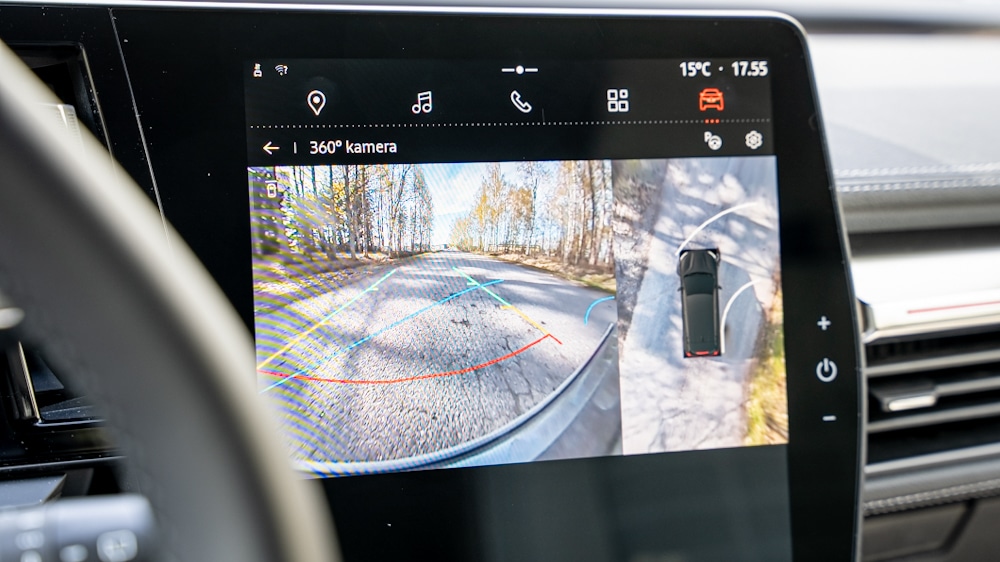
Renault has integrated Google functionality into the openR operating system, which is a huge plus, especially when using Google Maps navigation. Dozens of familiar apps can be downloaded to the car via Google Play, including Spotify, and there’s also Google Assistant voice control, although it doesn’t support Finnish, at least not yet.
The system felt great when it was working, but during the test drive week, the system and the mutual screen restarted an unfortunate number of times for no particular reason or warning. Future software updates should fix the problem in the future. There were also problems with the wireless charging of the mobile phone, which charged intermittently from time to time. The charger is conveniently located underneath the power strip.
Steady as she goes
The Megane E-Tech has a balanced and, for the most part, responsive feel. Despite its small size, the car has a remarkably long track width, even though it is only 4.2 metres long. On the motorway, it is stable at higher speeds and tyre noise is kept to a reasonable level.
The test car was the version with the larger 218 hp electric motor, where power is transmitted to the front wheels. The Megane doesn’t reach the acceleration figures of less than 5 seconds that are so common in electric cars, but it certainly doesn’t lag behind. Maximum torque is 300 Nm. And a good 200 horsepower propels the test car from zero to 60 km/h in 7.4 seconds.
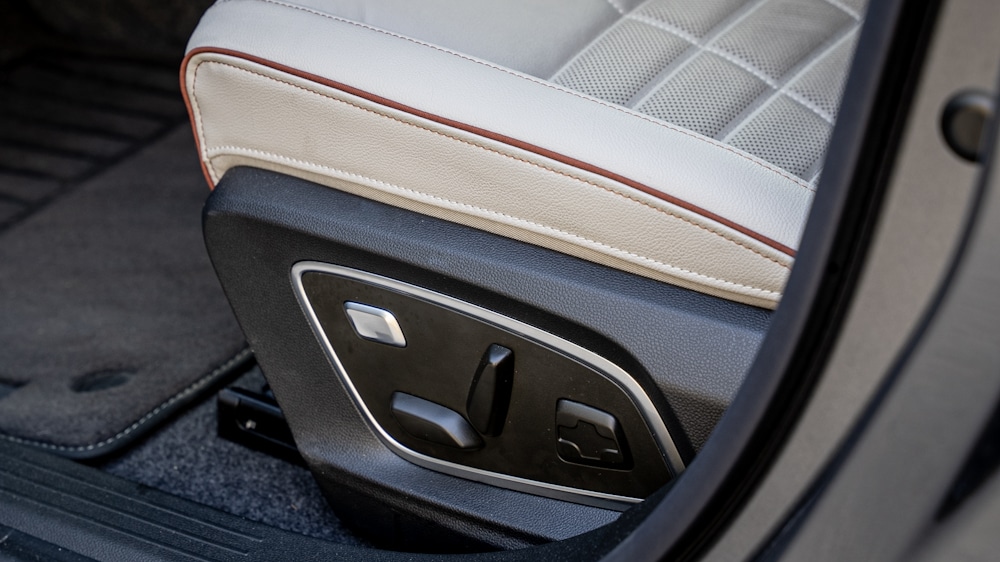
The weakest links in the driving experience are the driving position and the very light brake pedal feel. Finding the driving position for a driver of just over 180 cm proved difficult due to the slope of the seat and the lack of thigh support.
Visibility out of the cabin is good to the front, sides and, thanks to the large mirrors, to the rear. However, the rear window is small and the raised rear centre seat headrest eats up any remaining view directly to the rear. The rear-view mirror is available from the options list at a premium price with an optional package that includes a rear-view camera.
The electric car experience is greatly enhanced by the excellent route planning. For longer journeys, the car will pre-calculate the charging points and charging times required. By entering different destinations in a test mode, the car is able to make good use of charging points from several different providers along the way.
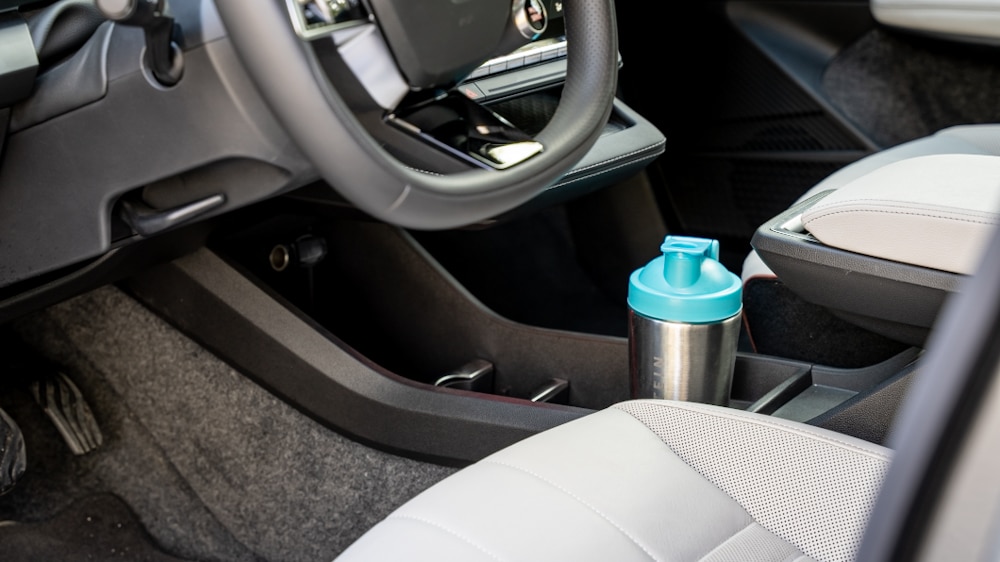
The test car is well equipped and the price of the test car is high. The starting price for the top-of-the-range Ionic is €53 990, with a few optional extras pushing the price to closer to €58 000.
In addition to the test-driven model, a 130 hp version of the Megane E-Tech with a 40 kWh battery is available, with a starting price of less than €40 000 including government subsidies. The first cars will be delivered to customers this autumn, estimated to be in October, with deliveries still available for this year.
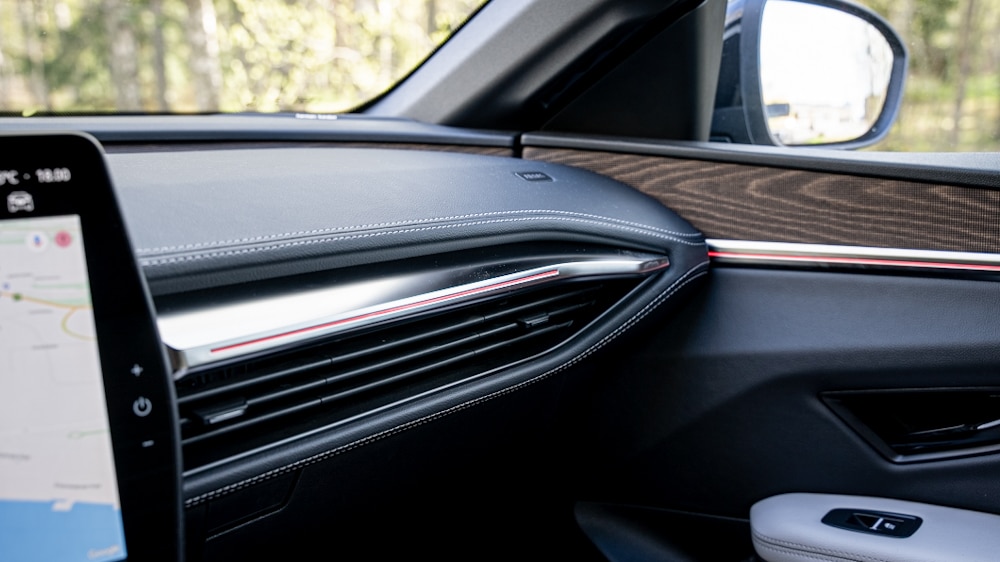
Renault Megane E-Tech electric 60 kWh 220 hp Ionic
- Electric motor power: 160 kW. (218 hp.)
- Electric motor torque: 300 Nm.
- Acceleration: 7.4 sec. (0-100 km/h)
- Driving battery capacity: 60 kWh.
- Manufacturer’s declared combined fuel consumption: 16.1 kWh/100km.
- Manufacturer’s declared range: 450 km (WLTP)
- Test consumption: 13-20 kWh/100km.
- Test-driven range on a single charge: 300-400 km.
- Maximum charging power (DC): 130 kW.
- Maximum charging power (AC): 22 kW.
- Dead weight: 1711 kg.
- Cargo space: 440 l.
- Traction: front-wheel drive
- Towing capacity: 900 kg.
- Starting price: 41 390 euro (40 kWh. 130hp. Equilibre)
- Test drive price: €57 630
